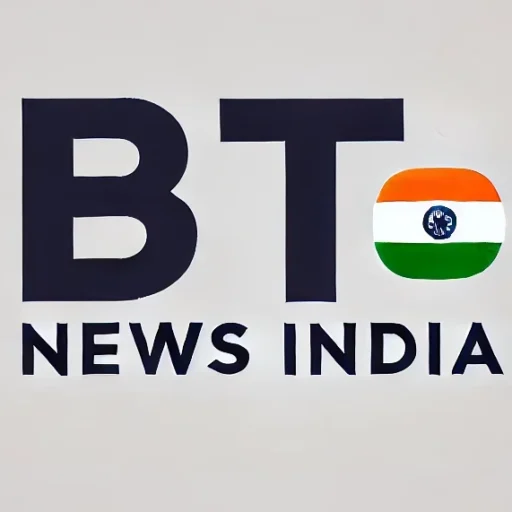Experts Debunk Misinformation as Deadly Rabies Virus Threatens Lives Across India
Published on: August 15, 2025
By: [BTI]
Location: New Delhi, India
In a startling statement that has ignited widespread controversy, animal activist Ambika Shukla has claimed that rabies, a deadly viral disease, is merely a “mild virus” that can be “washed away with soap.” Speaking at a recent public event, Shukla downplayed the severity of the virus, stating, “It is so delicate. There are only a few cases in India.” Her remarks have drawn sharp criticism from medical experts and public health officials, who warn that such misinformation could endanger lives and undermine efforts to combat the lethal disease.
Rabies, transmitted through the bite or saliva of infected animals such as dogs, is a highly dangerous virus that attacks the brain and nervous system. According to the World Health Organization, rabies is nearly 100% fatal once symptoms appear, making immediate medical intervention critical. In India, where stray dog populations contribute to thousands of cases annually, the disease remains a significant public health challenge. Contrary to Shukla’s claim, washing a bite wound with soap and water is only an initial first-aid step, not a cure. Prompt administration of post-exposure prophylaxis (PEP), including vaccines and immunoglobulin, is essential to prevent the virus from progressing.
Also read- https://www.btnewsindia.com/रेबीज-की-त्रासदी-आवारा-कु/ https://www.btnewsindia.com/कर्नाटक-mlc-भोजेगौड़ा-का-चौं/
Health experts have swiftly condemned Shukla’s remarks as reckless and misleading. Dr. Anil Kumar, a leading epidemiologist, stated, “Calling rabies a mild virus is not only factually incorrect but also dangerous. It downplays a disease that claims countless lives, particularly in rural areas where access to timely treatment is limited.” India accounts for approximately 36% of global rabies deaths, with an estimated 20,000 fatalities each year, largely due to dog bites.
Shukla’s comments have sparked a heated debate, with many accusing her of spreading misinformation that could discourage people from seeking urgent medical care. Public health campaigns have long emphasized the importance of immediate action following animal bites, including thorough wound cleaning and vaccination. The activist’s claim that rabies cases are “few” in India contradicts data showing the country’s high burden of the disease, particularly in underserved communities.
As the nation marks its 79th Independence Day, this controversy serves as a stark reminder of the need for accurate public health messaging. Authorities are now urging citizens to rely on verified medical advice and seek immediate treatment for animal bites. Shukla’s remarks, described by critics as “two words: dangerously ignorant,” underscore the urgent need to combat misinformation to protect lives from preventable tragedies like rabies.




